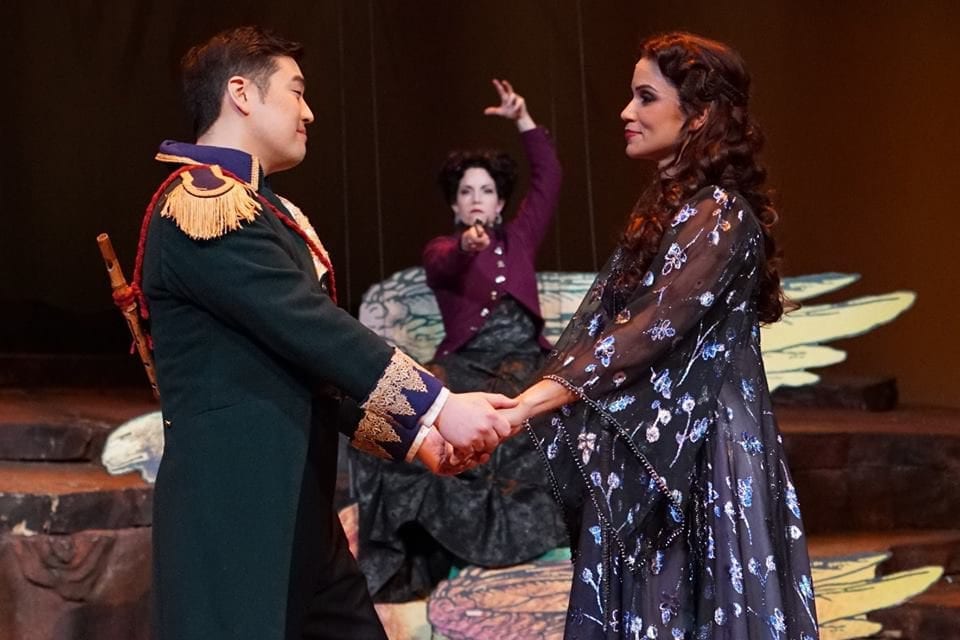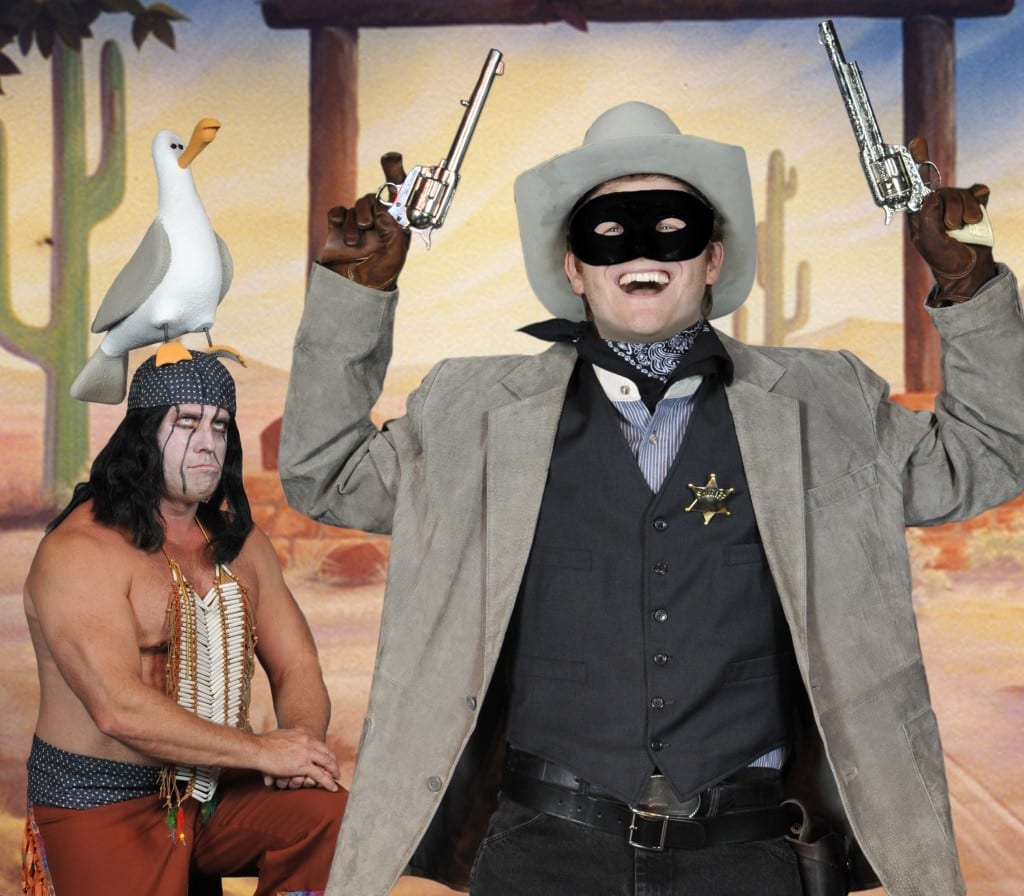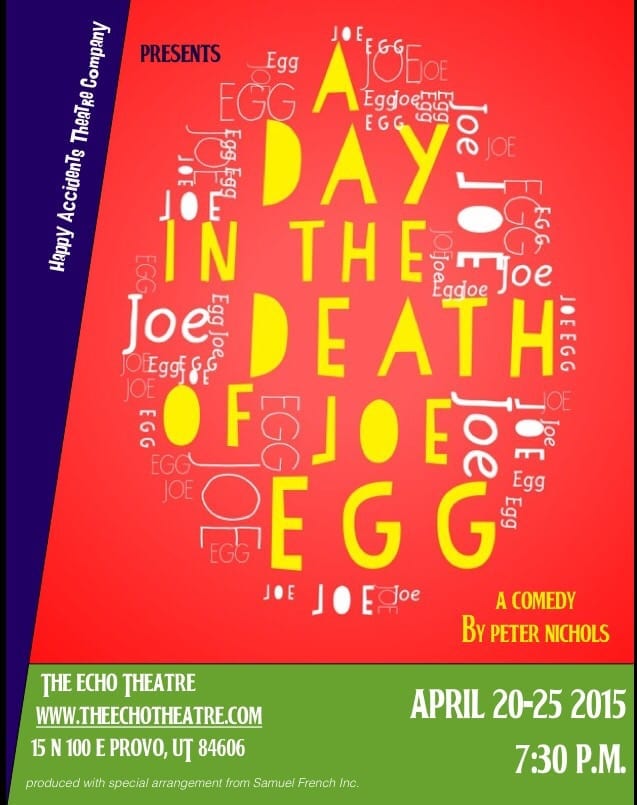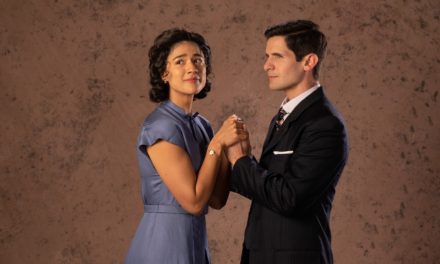SALT LAKE CITY — In opera, you can’t do better than Mozart. Of course, the world of opera has Verdi and Puccini, and a handful of other brilliant composers, but before all of them, there was Mozart. Mozart truly transcended the stilted, baroque opera of the time and helped create operas where the music and story were more integrated. And what music it was!

Show closes March 17, 2019.
Any opera by Mozart is glorious, and The Magic Flute is no exception. The opera with a libretto written in German by Emanuel Schikaneder premiered in September of 1791—just three months before Mozart’s death—and was a great success. The libretto is thought by scholars to be based on many sources: the medieval romance, “Yvain,” the story of a knight of the Round Table; the novel, Life of Sethos, Taken from Private Memoirs of the Ancient Egyptians,” an influential fantasy novel originally published in 1731; and the essay, “On the mysteries of the Egyptians,” by Ignaz von Born, a prominent Freemason, head of Vienna’s Illuminati lodge, and an influential anti-clerical writer. The Magic Flute is also noted for its prominent Masonic elements, although some scholars hold that the Masonic influence is exaggerated. Understanding the diverse thematic influences on the libretto helps explain the mish-mosh story of The Magic Flute.
Utah Opera has elected to revive its 2006/2013 production set in… maybe a galaxy far, far away. At times it feels like Egypt, then India, then a desert somewhere, then who knows where, which may seem like a cool concept, but is just confusing. Be that as it may, it’s still an evening of glorious voices with a wonderful live orchestra and a couple hours of Mozart! Who could ask for anything more?

Two cast members in the Utah Opera’s The Magic Flute.
The Magic Flute tells the story of Tamino, a prince who must undergo a series of tests, accompanied by his goofy sidekick Papageno, in order to marry the princess Pamina. Alongside the priest Sarastro, the trio Tamino, Papageno, and Pamina battle Pamina’s mother, the evil and mysterious Queen of the Night, who is bent on destroying Sarastro.
Utah Opera has assembled a fine cast of singers, and all are standouts. There is not a weak voice in the cast. I especially must applaud Zulimar López-Hernández as Pamina. Holy cow, can this lovely woman sing. Her presence is charming and her emotion and control in her aria with the Three Young Spirits is exquisite—breathtaking even. Andrew Stenson as Tamino is a valiant and amiable tenor, with a velvet voice that easily reaches every note. The two of them together is a delight. South Korean native, Joo Won Kang, sings the role of the goofy sidekick, Papageno, and is appropriately foolish. He has a great baritone-bass voice that glides into the audience. However, for a couple arias, the director elected to place him so far upstage that Kang’s voice couldn’t reach over the orchestra.
I must also single out: Matt Boehler as Sarastro, who hit low notes I never knew a human could hit; Grace Kahl as Papagena, whose voice is bright and strong and who is darling opposite Kang; and the trio of Ladies, Abigail Rethwisch, Melanie Ashkar, and Anne Maguire, who serve the Queen of the Night. I love these women and love the music they sing. Getting to hear a trio of women in opera in uncommon, but Mozart seemed to love putting women’s voices together. This trio of women are perfect in their tone and blend.
I can’t talk about The Magic Flute without singling out The Queen of the Night, an infamous character, with one of the most famous arias in the operatic tome. Utahn Celena Shafer delivers. Her first entrance is on the back of a flying camel—which is a little odd, but fun—and Shafer, for the most part, is up to the task. I only noted a slight struggle on the Queen’s crazy-high notes, but other than that, Shafer’s performance is solid. Directorially, I would have preferred the Queen be more seriously sinister than campy evil, but she is still fun. However, The Queen comes in on the camel and exits on foot, leaving her camel double parked in the desert. It makes no sense.
This leads me to my biggest criticism of the production: it doesn’t know what it is. Is it a serious opera with comic overtones? Is it a comic opera with serious overtones? Granted, this opera is generally both, which is why it is so important with The Magic Flute to make sure the comedy is “organic” and comes out of the characters and the relationships rather than being superimposed upon the characters just for a laugh. For example, the character of Monostatos, sung and acted wonderfully by Joseph Gaines, is pretty much a “buffo” character (operatic term for a comedic, usually bass, character), but he’s dressed like the love-child of Darth Maul: scary and sinister, but all his actions and staging are contrary to that, even a bit slapstick, which makes for an evening of dramatic confusion. The costumes don’t help clarify where we are, with some dressed in Edwardian costumes, some in East Indian costumes, some in Eastern European priestly robes, and others in Buddhist monk robes. The poor three little boy spirits looked like they had paint splashed all over them. (And these boys, Oliver Laughlin, Theodore Hyngstrom and Liam Khor-Brogan are good.) It’s just visually confusing.
That criticism said, overall the production, particularly the music, was fantastic. At the preview before the curtain, as I ate my dinner at the deli next door, a plethora of school buses arrived at the Capitol Theatre and deposited an even greater plethora of high school kids dressed like they were going on a first date. It was controlled chaos. Though I thought that sharing an opera audience with them would be my own personal hell, I was wrong. A more engaged, enthusiastic, and grateful audience I have never experienced. Bravo to Utah Opera and whatever foundation sponsored the evening to make it possible.
The Magic Flute done by the Utah Opera is a production worthy of your attendance. Though there are many visual incongruities, the performance itself is awe-inspiring. The Mozart opera is sung and played as masterfully as it was written and made for a memorable night.





